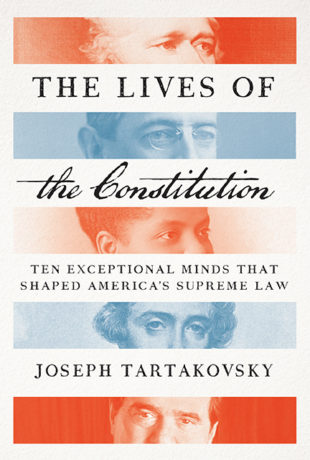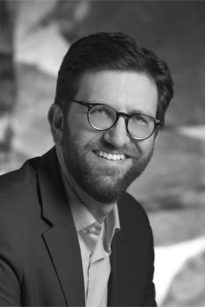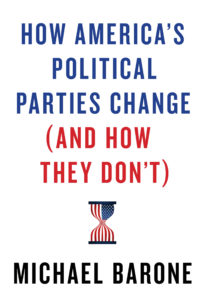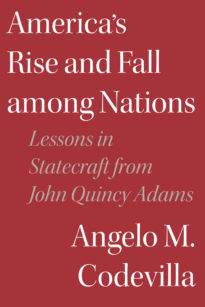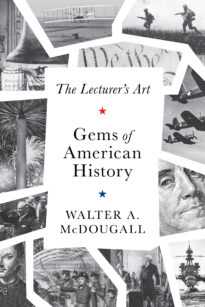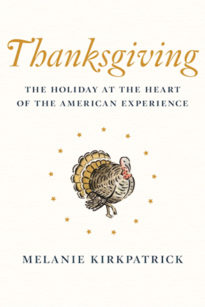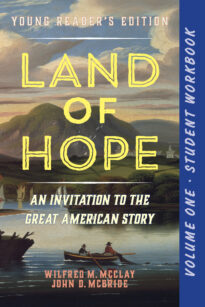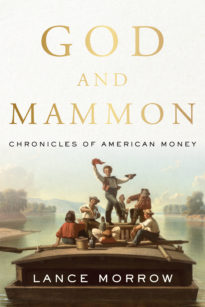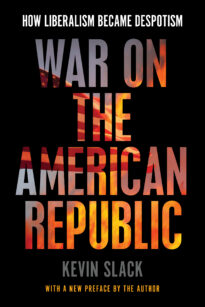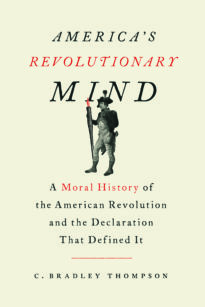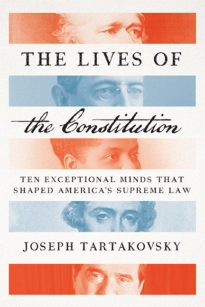Every nation has a founding myth. The Bushmen of Africa claim that they emerged from a hole in the earth; the Iroquois of America say they descended from a gap in the sky. The Romans had Romulus and Remus; the Israelites a covenant in the Sinai desert. Other foundings involve monsters, gods, floods, and planetary prodigies. The American story, then, at first glance, is not very promising: it’s a bunch of legal documents. Yet our tale has the compensating virtue of emerging not out of mysterious antiquity, but out of provable fact. We have something rarer even than the supernatural: the documentary record of a nation rationally created. “We have it in our power to begin the world over again,” wrote Thomas Paine, an early enthusiast for the task. “A situation, similar to the present, hath not happened since the days of Noah until now.” The Founding Fathers, the time-tested carpenters of our ark, were great enough for myths to gather around them. But the truth of our origin remains a matter of recollection, not imagination.
America’s greatest contribution to world civilization has been in the art of establishing and preserving free republican government. By now we’ve had the longest practice on earth. Our national regime has operated uninterrupted since 1789, through even a civil war. During that time, France, a country that, like us, makes bold claims about having lofted the banner of world liberty, has advanced from its First to its now Fifth Republic, with two Napoleonic empires, a monarchy, and a Vichy puppet regime in between. I think that the United States Constitution has endured, I should say right up front, because it is the finest ever written. It is terse enough for folding into a paper airplane. It is rigid enough to restrain excesses and flexible enough to accommodate innovations. And it is based on principles true in theory and workable in practice.
But the story of our Constitution cannot be told merely as an account of a legal charter. It must be told as a story of human beings. I try to follow, humbly, the biographical method of Plutarch on the Greeks and Romans, Samuel Johnson on the English poets, or Lytton Strachey on the Victorians, all of whom proved that you could best capture a civilization by following some of its prominent members in their adventures through it.
I chose ten individuals whose large thoughts and unafraid deeds all teach something crucial about the American Constitution. The first two figures in this book, Alexander Hamilton and James Wilson, began their services to the Constitution while it was still a glimmer in their far-sighted eyes. Hamilton, an island orphan, led the drive for a new Constitution, then breathed life into it as Washington’s most trusted advisor in its shaky first years. James Wilson was a Scottish immigrant whose blazing intellect made him a philosopher in thought and a colossus in debate at the Constitution’s drafting and ratification in 1787 and 1788. The heavy-browed Daniel Webster defended the Constitution as a politician in the first generation to follow the framers, though the generation after him would wade through rivers of gore to vindicate the cause he championed.
